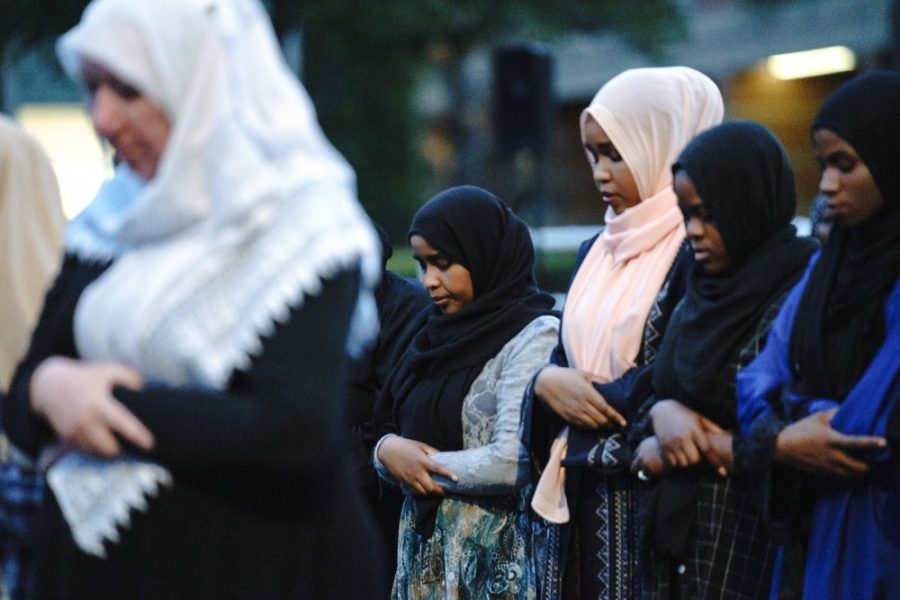In honor of Banned Books Week, Daily Wildcat editors describe how banned books shaped their lives.
‘The Giver’ that kept on giving
For most of my childhood, Lois Lowry’s tour de force “”The Giver”” was my favorite book. “”The Giver”” is one of the most frequently banned books in elementary and middle schools because parents misread it as encouraging suicide and euthanasia. And, like most banned books, it’s chock-full of goodies like sexual awakening and revolution against the status quo — all the things that make literature worthwhile.
I had read it several times by the time my sixth grade English teacher assigned it. After the first chapter, the class was hooked. But just as the book got really good, a few parents got wind of its content and demanded that we stop reading it immediately.
Rather than quash our desire to finish the book, this censorship just fanned the flames. We read, covertly but avidly, finding new layers with which to identify now that we, like the novel’s protagonist, were living outside the law. We identified with his struggle against the crushing sameness of his culture, his desire to discover what more was out there but being kept from him. Needless to say, we all finished the book.
Perhaps the best thing parents can do to encourage reading is ban books. Nothing makes young people more eager to read than knowing someone doesn’t want them to.
— Heather Price-Wright is the opinions editor of the Daily Wildcat. She can be reached at letters@wildcat.arizona.edu.
‘Bridge’ to adulthood
It seems that most banned books fall into one of two categories. Either A) they address some aspect that runs divergent from what is deemed acceptable in society or B) they use profanity. Because lord knows that your little darling couldn’t possibly read the n-word in “”Huckleberry Finn”” in context, but sure can see the greater value of letting them bump Lil’ Jon or Rihanna.
My favorite banned book, and one of my favorite books of all time, is “”Bridge to Terabithia,”” by Katherine Paterson. “”Bridge to Terabithia”” is a John Newbery Medal winner (a common theme among banned books, it seems) that examines the life of an artistic, but fearful and depressed boy named Jess, and how it is changed by the imaginative, exuberant and off-kilter Leslie. It is a poignant coming-of-age tale, brilliantly penned by Paterson, one of the few writers who can effectively write about kids without either talking down to them or blowing their problems out of proportion (cough … Stephenie Meyer … cough).
That’s all well and good, but what’s the dirty secret? Where exactly does this “”bridge”” lead to, communism?
In fact, the reason this book was banned is because — major spoiler — Leslie dies near the end. Parents, apparently, don’t want little Timmy or Suzie learning about the reality of death until they deem it necessary.
I love this book. In fact, I still have a copy of it that I “”accidentally”” swiped from my school library when I was in second grade. It’s deep without being preachy, poignant without being overbearing, and as timeless a work of children’s literature as there is in the United States. To ban a book for something so trivial as a person dying is like banning a book because there’s witchcraft … uh … because there’s one scene where a person is barely seen undressing … um … because it deftly challenges societal norms … huh.
Bottom line: Read the book. You will not be sorry. But avoid the movie at all costs. Because you will be.
— Luke Money is the assistant news editor at the Daily Wildcat. He can be reached at letters@wildcat.arizona.edu.








